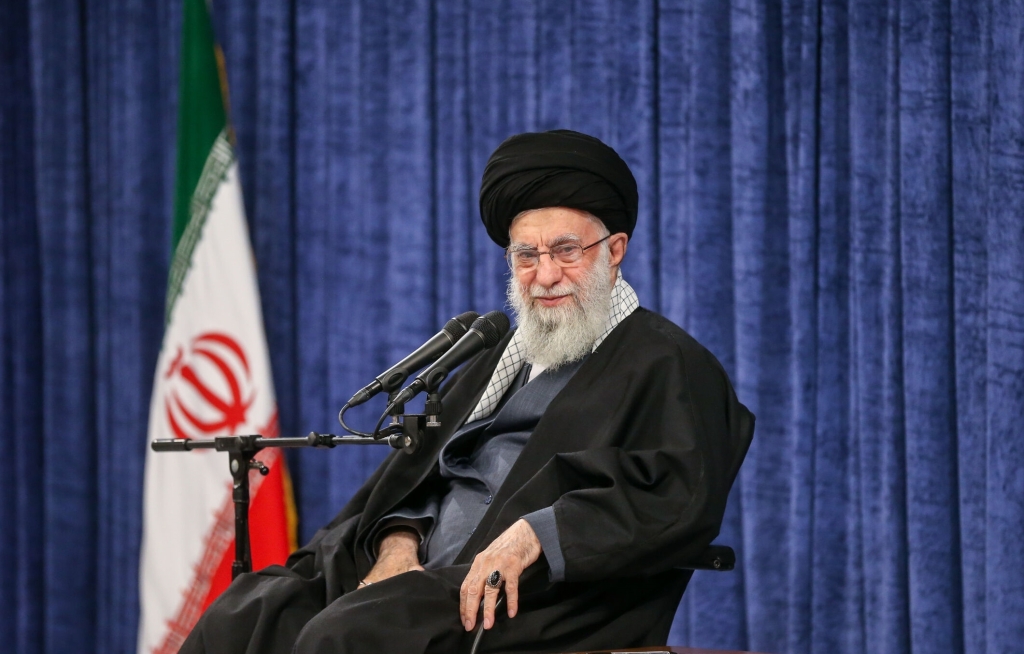Iranian officials have issued a warning of a “strong and complex” retaliatory attack against Israel following the Oct. 26 strikes that killed four Iranian soldiers and severely damaged Tehran’s missile production facilities. Sources report that Tehran plans to use its full military arsenal, including more advanced warheads and launch capabilities, with strikes potentially targeting Israeli military sites and using Iraqi territory for operations.
Regional tensions rise
This looming Iranian response follows intelligence disclosures to several Middle Eastern countries, including Egypt, Bahrain, and Oman, which relayed details to U.S. authorities. The U.S. has cautioned Iran against escalating violence, warning of “severe consequences” if the Islamic republic were to engage in direct action against Israel or American interests. Washington fears that heightened retaliatory exchanges could lead the region to a prolonged conflict.
Iranian leadership’s stance

Supreme Leader Ayatollah Ali Khamenei affirmed Tehran’s intention to respond forcefully, particularly against what he terms “enemies” like the United States and Israel. Khamenei referenced Tehran-aligned groups like Hamas and Hezbollah, noting Iran’s commitment to what he calls the “resistance front.”
Israel’s defense preparations
In anticipation, Israel has fortified its defenses, incorporating advanced systems like the American Terminal High-Altitude Area Defense (THAAD) to bolster its anti-missile capabilities. Israeli officials have expressed concern over the timing of the conflict with Tehran, especially given recent escalations.
This buildup of military readiness on both sides indicates a continued risk of conflict escalation, despite diplomatic efforts to prevent further confrontation.